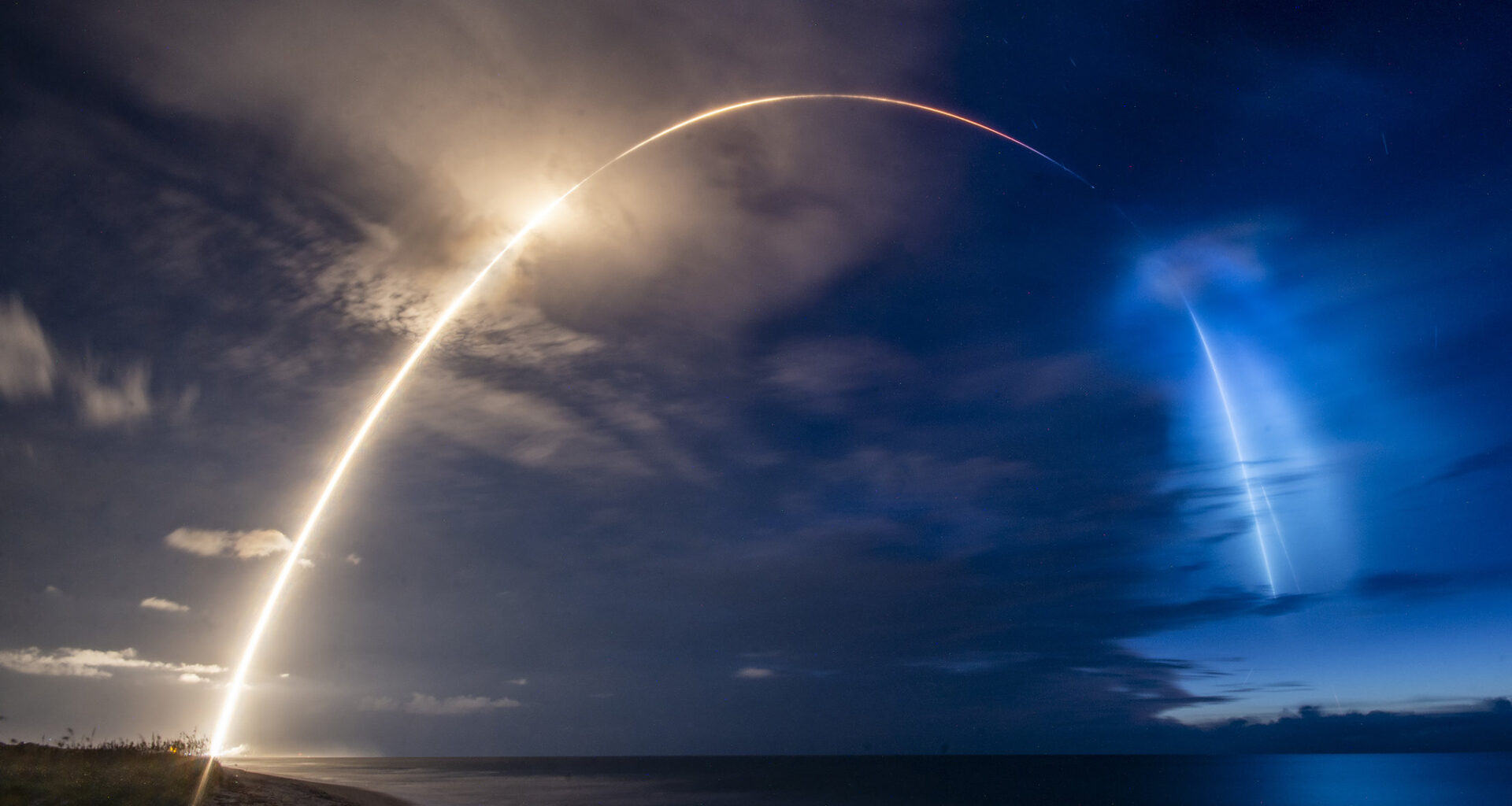As states conduct an additional round of bidding mandated by last month’s changes to the federal Broadband Equity, Access and Deployment program, initial data shows that SpaceX’s Starlink and other low Earth orbit satellite internet service providers are bidding big for the funds on projects — and they could win millions over fiber providers.
The widening of BEAD projects available to satellite providers comes after sweeping program changes were announced in early June by Commerce Secretary Howard Lutnick. Along with compelling states to run another round of bidding for BEAD eligible broadband service projects, the new rules dropped the Biden administration’s “fiber first” stipulation, which gave priority status to projects using fiber optic broadband.
The new guidance moves toward a “tech-neutral approach,” making all technologies equally eligible for funding and opening the door for LEO satellite internet providers to bid on projects — and in most cases, win, as Lutnick directed states to select projects with the lowest prices.
Preliminary data from the new round of bidding published by the states in recent weeks shows companies like SpaceX and Amazon’s Project Kuiper are requesting only a fraction of the funding that some fiber providers requested in their applications. The data will be used to inform each state’s new final BEAD proposal, which states have to submit to the National Telecommunications and Information Administration ahead of the Sept. 4 deadline.
In Texas, for example, SpaceX — under its official name of Space Exploration Technologies Corp. — bid on more than 244,000 locations, making it an applicant for most, if not all, of the state’s BEAD-eligible locations, according to Broadband Breakfast. Fiber and fixed wireless provider Nextlink internet had the second-largest number of bids in Texas, with more than 204,000, followed by Kuiper, which bid on approximately 160,000 locations.
While Texas has yet to publish data about the cost proposed by each applicant, Tennessee published its data late last month for public comment, allowing a window into how fiber projects might stand up to LEO satellite providers following the major changes to the program.
According to Tennessee’s public BEAD data portal, it appears as though both SpaceX and Amazon Kuiper Commercial Services submitted a bid for almost every eligible location, with the total of number of satellite bids almost doubling the number of fiber bids submitted. And not only were there more applications, the satellite providers requested, on average, just one tenth of the funding fiber providers requested.
The inundation of BEAD applications from SpaceX, particularly in both Texas and Tennessee, comes as Elon Musk — the company’s billionaire owner and former “special government employee” under President Donald Trump — expands and diversifies his business operations in both states. At the end of last year, Musk relocated the headquarters of both SpaceX and social media platform X from California to Texas.
Amid growing speculation about Musk’s influence on the state’s politics, Gov. Greg Abbott has repeatedly denied public records requests for his emails to and from Musk, claiming the communications are “intimate and embarrassing.”
Musk’s other companies are also finding new business. In Tennessee, a Memphis suburb last year became home to the massive supercomputer that Musk’s artificial intelligence company xAI and Grok use, but not without controversy as a result of the data center’s environmental impacts. And last week, Tennessee Gov. Bill Lee announced that Musk’s The Boring Company would build an underground Tesla tunnel that would connect Nashville’s airport to its downtown area, similar to the company’s tunnel in Las Vegas.

Written by Keely Quinlan
Keely Quinlan reports on privacy and digital government for StateScoop. She was an investigative news reporter with Clarksville Now in Tennessee, where she resides, and her coverage included local crimes, courts, public education and public health. Her work has appeared in Teen Vogue, Stereogum and other outlets. She earned her bachelor’s in journalism and master’s in social and cultural analysis from New York University.

